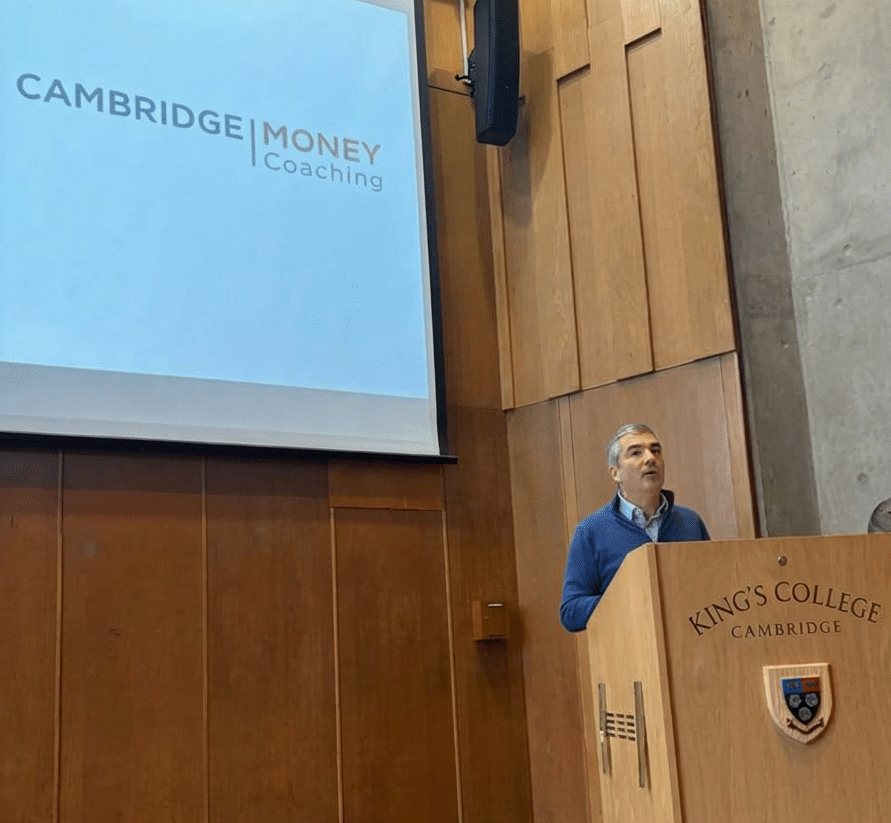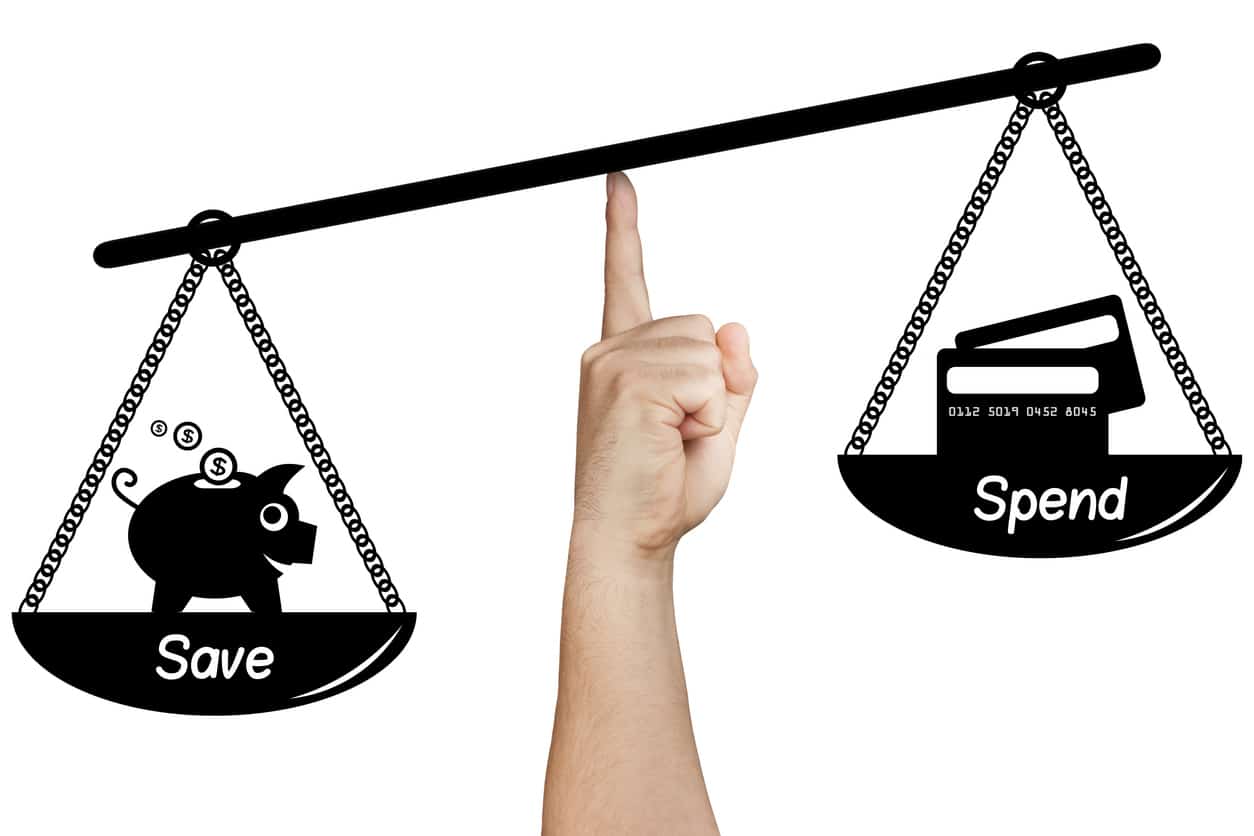What drives my spending?
The NHS UK statistics on Obesity, Physical Activity and Diet (2020) make frightening reading. 67% of men and 60% of women are an unhealthy weight. 26% of men and 29% of women are officially obese.
There are many reasons for this – changes in the type of food we eat and changes in our lifestyles are often motioned. But I want to look at this area through the lens of our evolutionary wiring and decision making processes.
Our ancestors evolved in an environment of food scarcity and great uncertainty. Getting food involved expending energy, either through hunting or, more usually, foraging. Evolutionary scientists estimate that we would spend an average of three hours a day looking for food. As a result, our bodies evolved to consume and store energy sources whenever and wherever we found them. There was no other way to store food and no certainty it would be there the next day. So it made sense to eat it all when you could find it. Our evolutionary wiring was in line with our physical environment; instant gratification kept us alive and delayed gratification was not an option.
But we now live in a world where our future wellbeing is increasingly dependent on our ability to make considered, long-term decisions that almost always involve short-term sacrifice – and at the heart of this behaviour is delayed gratification. The most famous studies of this are the legendary ‘Marshmallow Tests’ undertaken by Walter Mischel in the 1960’s. Even if you have seen it before, I highly recommend you spend a couple of minutes watching a recent version of this experiment where young children are left alone with a marshmallow and told that, if they can wait while the researcher goes on an errand, they can have two marshmallows when the researcher comes back. The video shows how difficult it is to resist instant gratification and how some of the children try and develop strategies to overcome their urges to eat the marshmallow.
It’s really hard to fight your evolutionary wiring and instant gratification, which used to keep us alive, is now creating massive problems for our health. And it can also create problems for our finances. 50 years ago we lived in a world where we could only buy something if we had the money to do so, and we needed to visit a shop to do this. Today you can buy (nearly) everything you want online, financed by credit if you don’t have the money. Spending money has become frictionless. Getting credit has become frictionless. Even returns are frictionless. And, as Nobel prize-winner Daniel Kahneman pointed out:
“Anything that speeds people up instead of slowing them down is going to cause more impulsive and uncritical behaviour.”
Frictionless spending + credit + brain wired for instant gratification → overspending
In the same way that changes in the way we live are creating health issues, technological advances are driving the ‘uncritical and impulsive behaviour’ that can lead to financial problems.
What are the key points?
It’s become really easy to spend money (and money you don’t have) and it’s really hard to resist instant gratification. Adults too. Willpower is not enough. You need a strategy. You need to reintroduce friction.
Start by disabling 1-click shopping and don’t store credit card details online. It’s not safe and companies only offer it to make spending money frictionless.
We simply didn’t evolve to live in a world that requires us to manage our finances and do long-term planning, but we can learn. And the best way to start is by understanding the origins of your own patterns and behaviour around money.
You can do this by taking the money-type quiz or setting up a time for a free money chat.





